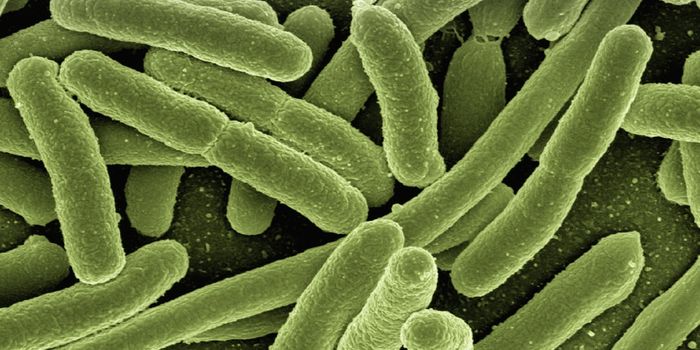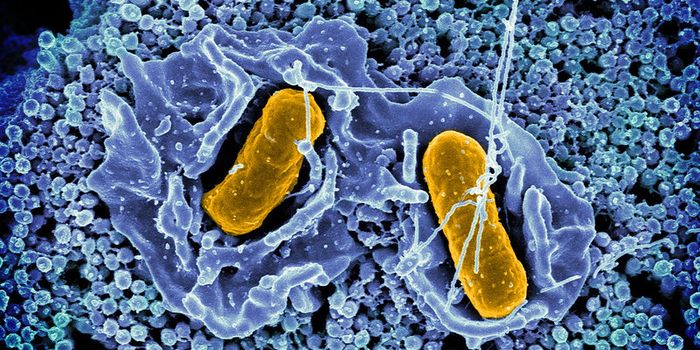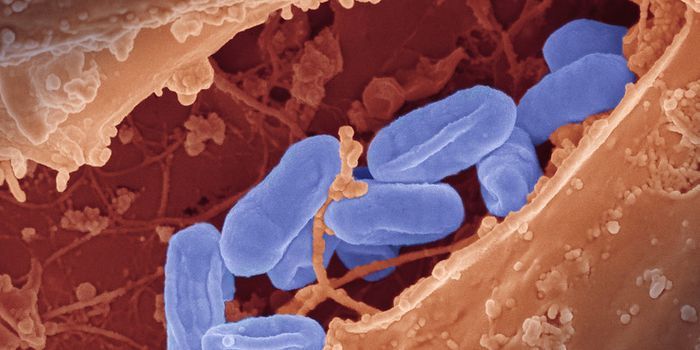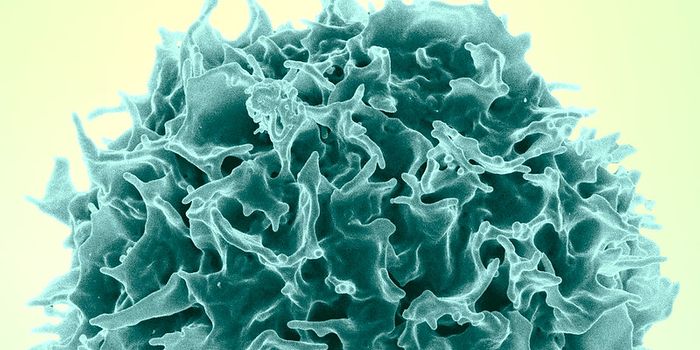Bacteria Stressed by Antibiotics May Become 'Disrupted' & Survive to Thrive
Antibiotics work against bacterial infections, and for years, experts have been warning clinicians and the public to prescribe and use them with care; they should not be shared, they should be taken until the prescription is gone, and they should not be used unnecessarily. They're a crucial line of defense against bacterial pathogens, which are thought to be a growing problem as many of them gain resistance to more common antibiotics. New research has now shown that bacteria can move into a state that enables them to escape the effects of some antibiotics. These findings have been reported in Nature.
Antibiotics can work in a variety of ways and target various parts of a bacterial cell. They might aim for the cell wall, poking holes in it and destroying the microbe, for example. Other types of antibiotics have less direct approaches, and may instead interfere with a microbe's normal functioning or its ability to reproduce. In the latter case, the immune system may be tasked with eliminating the infection completely. But when bacteria are stressed, such as when they're exposed to antibiotics, and may not survive, they can move into a 'disrupted' state, and begin to function in a way that's very different from usual.
The research suggested that once bacteria are in that disrupted state, they become impervious to the effects of antibiotics, and their gene activity changes. When nonpathogenic Escherichia coli bacteria were exposed to a chemical called SHX that causes starvation, they were suddenly stressed, giving them little time to respond. After the chemical was removed, the researchers found that the bacterial cells individually recovered at different speeds. It took some an hour to get back to normal and others a day. Recovery time also depended on how much SHX the cells were exposed to. But once the bacteria recovered, they were healthy, and could even reproduce.
Previous work by this research team has suggested that when bacteria are starved, they will become dormant, and can recover if they enter an environment with nutrients. These so-called persistent bacteria are different from resistant bacteria, which carry a gene or genetic mutation that enables them to evade the effects of an antibiotic. The biological mechanisms that underlie persistence are still not well-understood.
The researchers are now interested in learning more about how to attack bacteria that are in a disrupted, shielded state.
Sources: The Hebrew University of Jerusalem, Nature









